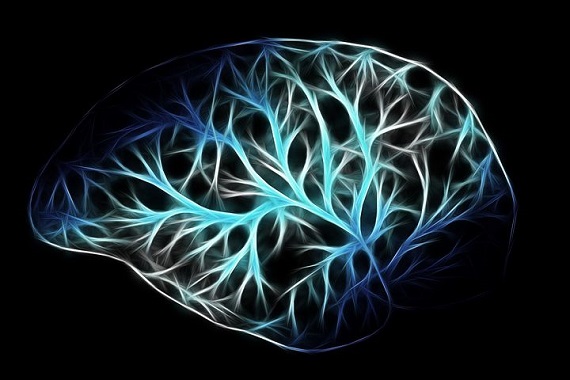Sleep might look like a passive activity on the surface, but your body and mind are actually hard at work when you hit the sack. Sleeping plays an important role in your memory and learning processes. When you learn how to do something new, memory and sleep processes work together to internalize that new knowledge. Scientists are still studying exactly how sleep helps form and store your memories, but there seems to be a general agreement that sleeping through the night is an important part of the recipe when it comes to memory and learning.
Understanding the Science
Because memory and learning are such complex processes, researchers still don`t understand how intimately the processes are related. But we do know that both quality and quantity of sleep impact your ability to learn and store memories. When you are sleep deprived, it`s much more difficult to learn something new. And you can`t learn something, in the long run, without relying on the memories you`ve stored related to the subject. Scientists believe learning and memory involve three steps: acquiring new information, consolidating memories into a stable, storable format in your brain, and being able to recall these learned memories for practical use. You can acquire new information and recall information while you`re awake, but that crucial middle step "“ consolidating "“ seems to take place during sleep.
Ready to Learn
When you get enough sleep, you are able to focus your attention in order to learn something. When you`re sleep deprived, it`s harder to corral your tired brain cells into doing their job. The brain`s overworked neurons can`t coordinate correctly, so the new information slips through the cracks instead of being herded into your consolidation and memory processes. Without a doubt, sleep helps you retain new information. In fact, some scientists believe that sleeping within a few hours after learning new information can help you remember it better. Sounds like a great excuse for a nap!
Slow-Wave Sleep
You`re probably familiar with the concept that not all sleep is equal. During sleep, your body cycles in and out of different types of sleep; in particular, rapid eye movement or REM sleep, and slow-wave sleep. Researchers believe that during wakeful time periods, your brain works hard to receive and encode new information. During slow-wave sleep, your brain reactivates any newly acquired information and recent memories, and begins to consolidate and transform the information so that it`s ready to be integrated into your long-term memory. REM sleep may then work to stabilize these newly transformed long-term memories.

